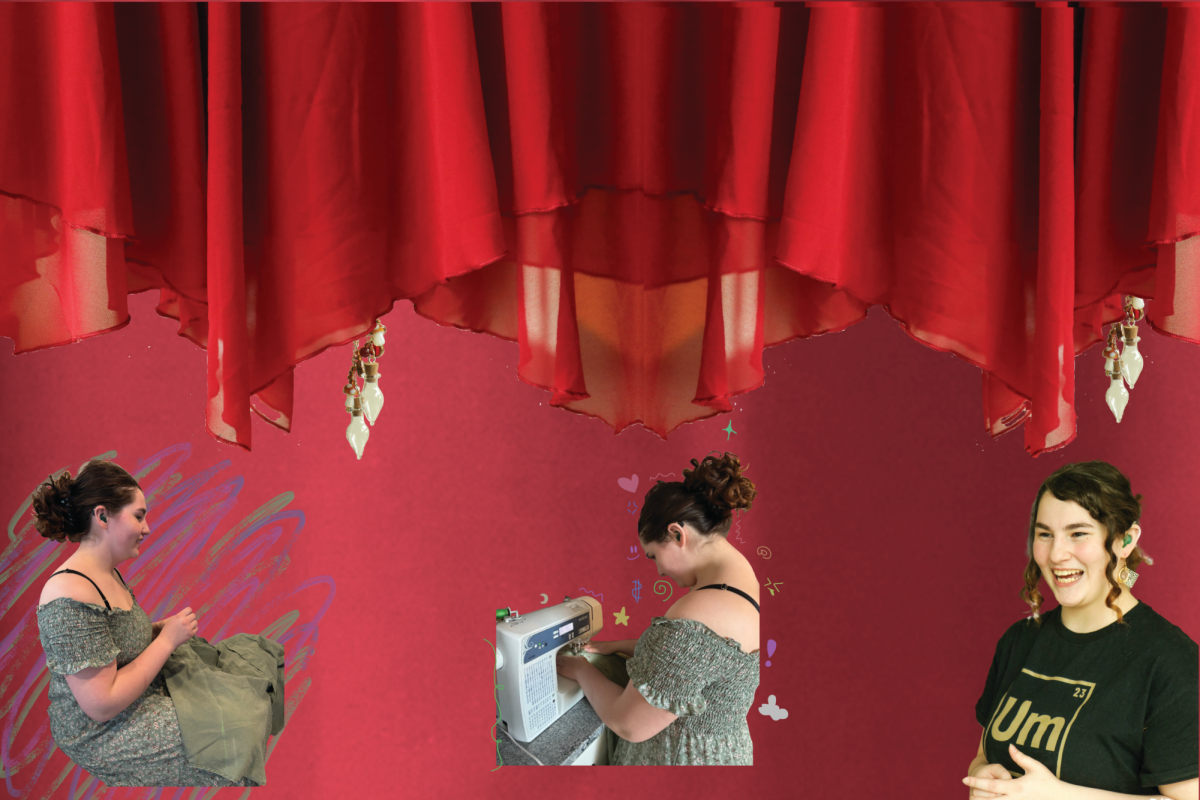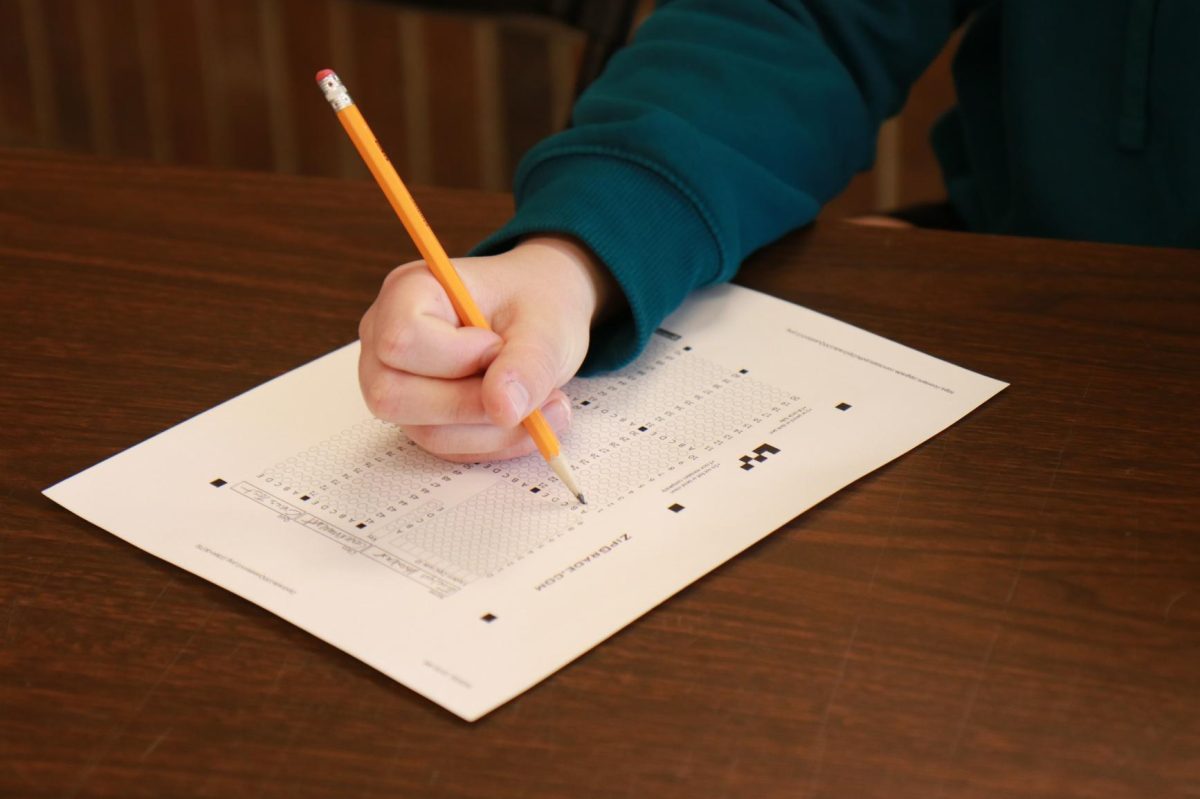A test looms around the corner, bringing the impending doom of boredom and stress. The ACT or SAT are the two major standardized tests which are starting to play a factor in college applications again. Many people choose to study every day, taking practice tests, using prep books and reviewing through the official ACT/SAT websites. There are countless studying methods, tips and tricks, but which methods get the best results?
The quickest and easiest method is cramming, shoving as much information into the brain as possible. This is the go-to method for many students right before test day, especially if they forgot to study earlier or didn’t have time. While this method could boost a score up temporarily, your brain won’t be able to store any of the information long-term.
“Research tells us that distributing practice is a way more effective strategy if the goal is to remember it in a deep way and in the long term for those assessments,” Mr. Henderson, who teaches AP Psychology, said.
Take some time out of each day to go over the material, but not to the point of overloading yourself. Rather than reading notes again, try active recall methods. Have friends quiz you, teach others the concepts or try to think of real-world examples. Practice tests are another good strategy. There are many prep books with practice tests, and official ones from the College Board can be found on their website.
“One of the best ways to actually know what it’s going to be like when you get there is to try to put yourself in that environment. Take as many practice tests as you can. Studying is a lot different,” Mr. Anderson, IJAG teacher, said.
The general studying environment is also incredibly important. An overly relaxed environment can make you unfocused, while a tense environment can make you overly stressed.
“
Finding a good, distraction-free environment is also important. The space should be relatively quiet, like a library, coffee shop or office. Seeing others study will help motivate you to study as well. Try to keep phones away while you’re studying. Make sure to also take enough breaks to not overwhelm your brain with information.
With standardized tests like the ACT and SAT, it may seem impossible to cover all of the extensive material that is on these tests. Both of these texts are broken down into main sections: reading, math and science (ACT only). Tackling each of these subjects at a time can help make studying easier. Identifying the differences in these tests and choosing one that fits your strengths is also helpful.
“Compartmentalizing your studying into different days will be really good. If you know a particular subject is more challenging for you than others, you can adjust your study times to review that section longer. That’s important, to separate them so that you aren’t overwhelming yourself,” Anderson said.
Studying for the ACT/SAT can seem overwhelming, but with the right resources and goals, it’s very possible to achieve. Finding the right study method will come with time and practice, but it will help a lot on both these standardized tests and on future tests.






















